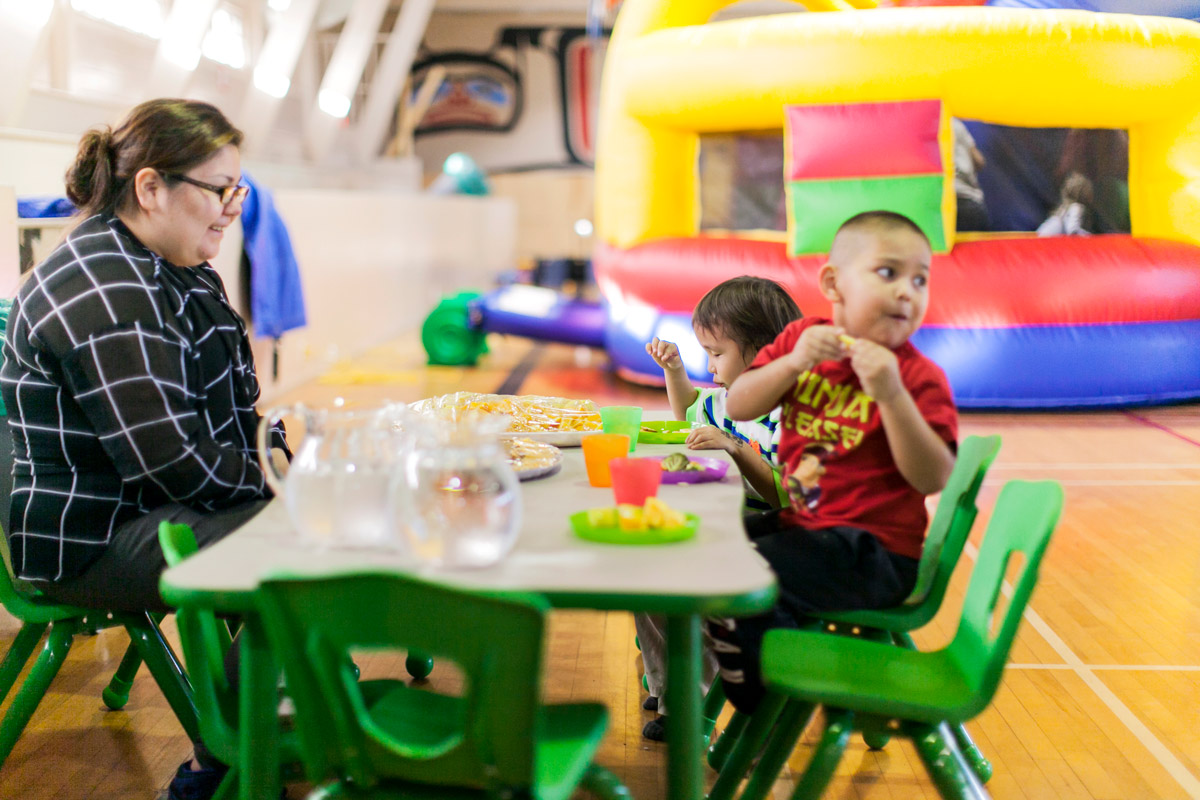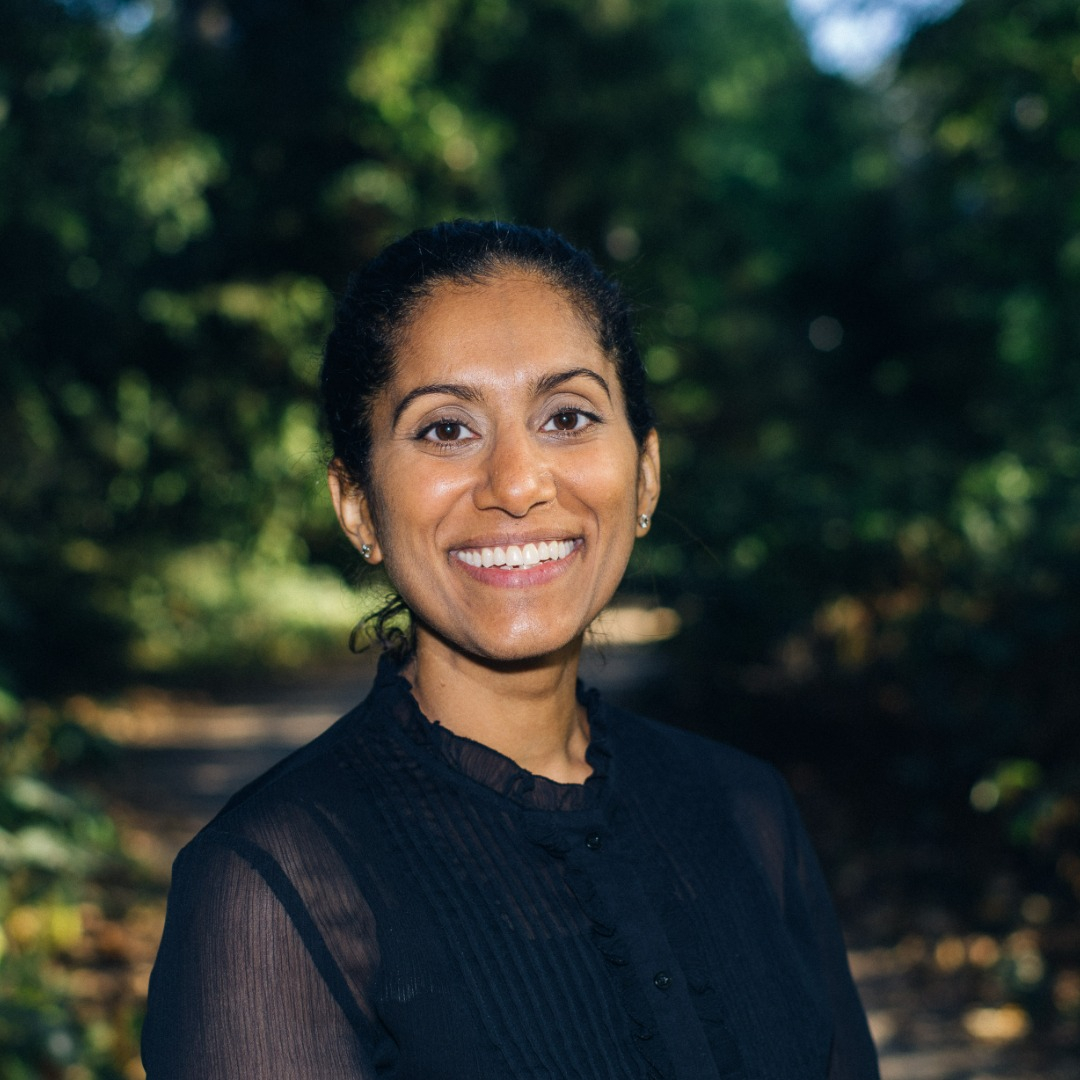
A message from Dr. Unjali Malhotra, FNHA Office of the Chief Medical Officer

T'is the season to be merry, yes, but (unfortunately) t'is also the season to be on guard against respiratory illnesses, including the common cold, influenza (flu), respiratory syncytial virus (RSV), and now, of course, COVID-19. This year, it's especially important to do what we can to safeguard our children, as Canada is in the midst of an Influenza A epidemic – a strain that can cause severe illness in children – and more babies and children than usual are being brought to the hospital with it or an RSV infection.
The main reason for the increased infection rate is that for the past two years seasonal respiratory illnesses were less frequent due to COVID-19 measures (including handwashing, physical distancing, masking, isolating), which also work against them. As a result, many children were not exposed to them as they normally would have been, and did not develop immunity.
This is concerning because respiratory illnesses are harder on babies and children, especially those with asthma or other respiratory illnesses. Babies are particularly vulnerable because their tiny lungs make it harder for them to respond to an infection the way adults can, and their immune systems are not fully developed. They can't cough out congestion as strongly when clumped mucus cells block their little airways, decreasing the amount of oxygen available and making it harder to breathe.
There are many ways we can get an RSV infection or influenza as they are both very contagious – we can get it by inhaling droplets released into the air when an infected person coughs or sneezes, touching contaminated surfaces such as counters or doorknobs (where it can live for hours), sharing contaminated objects such as utensils, towels, and toys, having hand-to-hand contact, or having direct contact such as kissing the face of a child.
Fortunately, there are things we can do to lessen our children's risk. To help protect your child against an RSV infection or influenza:
- Ensure your whole family is vaccinated for the flu and COVID-19. (There is no vaccine for RSV.)
- Drink a lot of water to stay well hydrated.
- Wear a mask if you have at-risk people in your life.
- Wear a mask when you must be in crowded indoor settings.
- Wash your hands regularly (with soap and water for 20 seconds) or use hand sanitizer.
- Keep surfaces disinfected.
- Call 811 for non-emergency additional advice.
- First Nations people without a primary care provider can contact the First Nations Virtual Doctor of the Day.
- If you are worried – take your baby/child to see your provider.
- Bring your child to the emergency room if they're having trouble breathing.
- Babies who are younger than three months and have a fever and are dehydrated with diarrhea or vomiting should also go to Emergency at a local hospital.
- See this link for more information about when to bring a child to hospital.
Let's do what we can this season to protect our children and ourselves by making use of the lessons learned during the pandemic.

